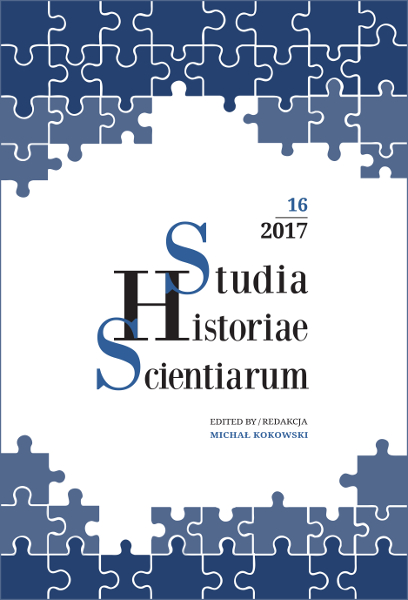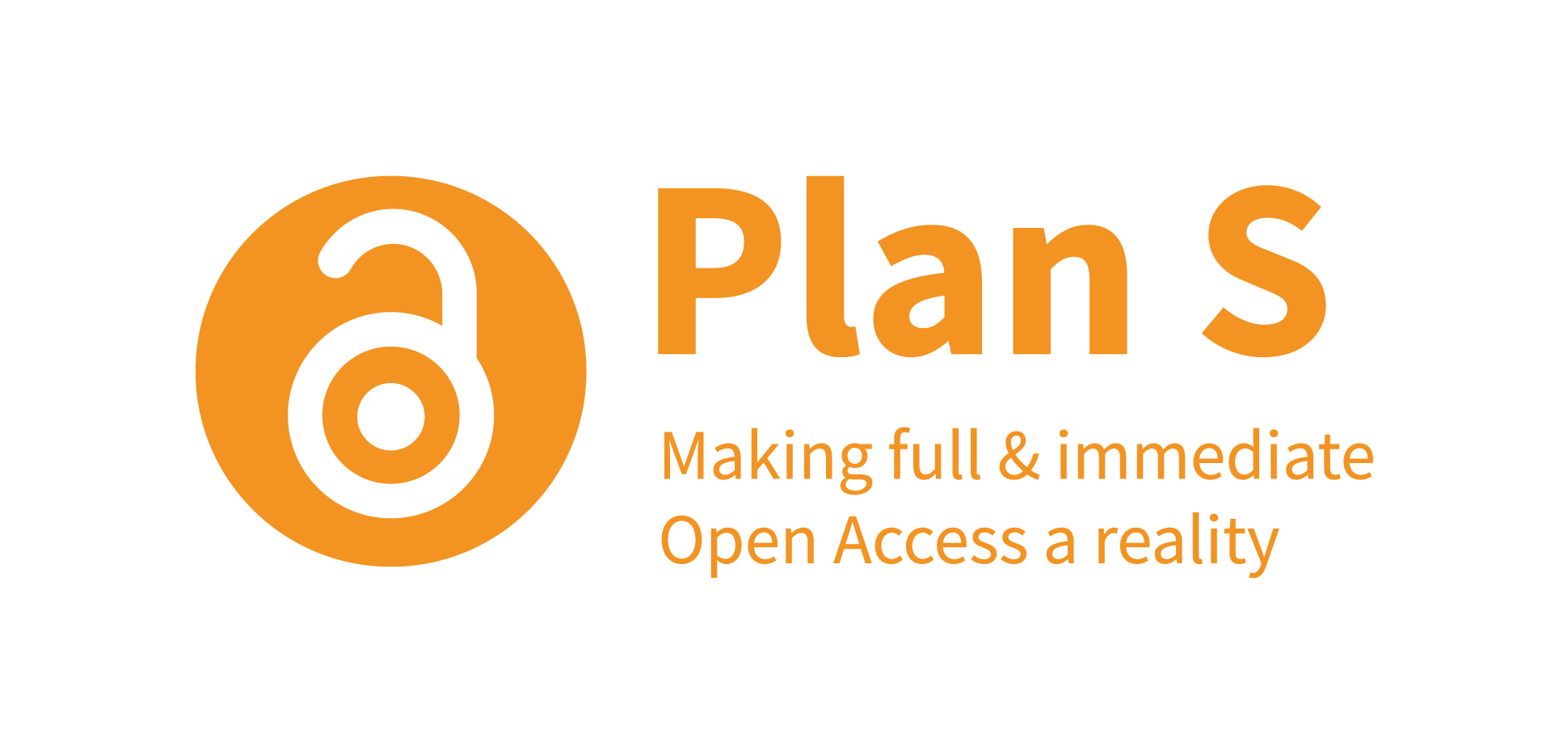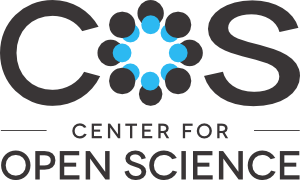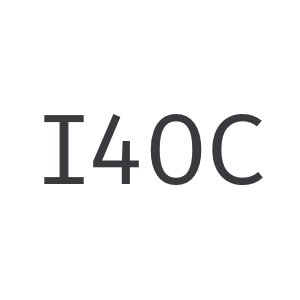Konferencja międzynarodowa „Historia kalendarzy na świecie i ich powstawanie” (Korea Południowa, 29 XI – 2 XII 2016)
DOI:
https://doi.org/10.4467/2543702XSHS.17.019.7720Słowa kluczowe:
historia astronomii, konferencja, kalendarze, Kim Dam (1416–1464), intelektualne oddziaływania między różnymi kulturami i regionamiAbstrakt
Artykuł przedstawia krótką informację o międzynarodowej konferencji poświęconej historii kalendarzy w różnych rejonach świata oraz ich powstawaniu. Konferencję zorganizowano dla uczczenia 600. rocznicy urodzin Kim Dama (1416–1464), wybitnego astronoma koreańskiego, twórcy kalendarza. Referaty prezentowane na konferencji dotyczyły również wzajemnych powiązań pomiędzy różnymi kulturami i regionami na świecie, a także roli astronomów w tworzeniu kalendarzy.
Bibliografia
Alencé, Joachim d’ 1679: La Connoissance des temps, ou calendrier et éphémérides du lever & coucher du soleil, de la lune, & des autres planètes.... Paris: Jean Baptiste Coignard. Dostęp online: http://gallica.bnf.fr/ark:/12148/bpt6k6506709d.
Astronomical Applications Department, U.S. Naval Observatory 2015: Introduction to Calendars. Available online: http://aa.usno.navy.mil/faq/docs/calendars.php.
Astronomical Applications Department, U.S. Naval Observatory 2017: History of The Nautical Almanac. Available online: http://aa.usno.navy.mil/publications/docs/na_history.php.
Coyne, George V.; Hoskin, Michael A.; Pedersen, Olaf (eds.) 1983: Gregorian Reform of the Calendar: Proceedings of the Vatican Conference to Commemorate its 400th Anniversary, 1582–1982. Vatican City: Pontifical Academy of Sciences, Vatican Observatory (Pontificia Academia Scientarum, Specola Vaticana).
King Seijong Memorial Society (ed.) 1981: King Seijong the jGreat: a biography of Korea’s most famous king. III ed. Seoul: King Seijong Memorial Society.
Klimishin, Ivan Antonovitch 1990: Kalendar i chronologia [Календарь и хронология]. Moscow: Ed. “Nauka”.
Korea Institute for Advanced Study (KIAS); City of Yeongju 2016a: Commemoration of the 600th anniversary of the birth of KIM Dam (1416–1464). International Conference on History of World Calendars and Calendar Making. Nov. 29 ~ Dec. 2, 2016 Yeongju and Seoul, Korea. Organized by Korea Institute for Advanced Study (KIAS) and City of Yeongju. Hosted by Korea Science and Culture Foundation – Yeongju Branch. Sponsored by KIM Dam’s 600th Birthday Commemorative Association. Available online: http://home.kias.re.kr/MKG/h/cal16/?pageNo=2590.
Korea Institute for Advanced Study (KIAS); City of Yeongju 2016b: Program of the Commemoration of the 600th anniversary of the birth of KIM Dam (1416–1464). International Conference on History of World Calendars and Calendar Making. Nov. 29 ~ Dec. 2, 2016 Yeongju and Seoul, Korea. Available online: http://home.kias.re.kr/MKG/h/cal16/?pageNo=2593.
NHA, Il Seong 2002: A New Museum of Astronomy in Korea. In: Ansari S.M.R. (eds) History of Oriental Astronomy. Series “Astrophysics and Space Science Library” 275. Dordrecht: Springer, pp. 203–207. Available online: https://doi.org/10.1007/978-94-015-9862-0_15 (purchase PDF).
Nha, Il Seong; Orchiston, Wayne; Stephenson, Francis Richard; Kim, Jaewan (eds.) 2017: The History of World Calendars and Calendar-making. Proceedings of the International Conference in Commemoration of the 600th Anniversary of the Birth of Kim Dam. Seoul, Yonsei University Press.
Nørby, Toke 2015: The Perpetual Calendar ver. 2000.02.29. Available online: http://norbyhus.dk/calendar.php.
Philip, Alexander 2012: The Calendar; Its History, Structure and Improvement. Hardpress. (I wyd. 1921: Cambridge: University Press).
Richards, E. G. 1998: Mapping Time: The Calendar and its History. Oxford, Great Britain: Oxford University Press.
Wikipedia 2016: Connaissance des Temps. Dostęp online: https://en.wikipedia.org/wiki/Connaissance_des_Temps.
Wikipedia 2017: The Nautical Almanac. Dostęp online: https://en.wikipedia.org/wiki/The_Nautical_Almanac.
Pobrania
Opublikowane
Jak cytować
Numer
Dział
Licencja
Prawa autorskie (c) 2017 Jerzy M. Kreiner

Utwór dostępny jest na licencji Creative Commons Uznanie autorstwa – Użycie niekomercyjne – Bez utworów zależnych 4.0 Międzynarodowe.






























